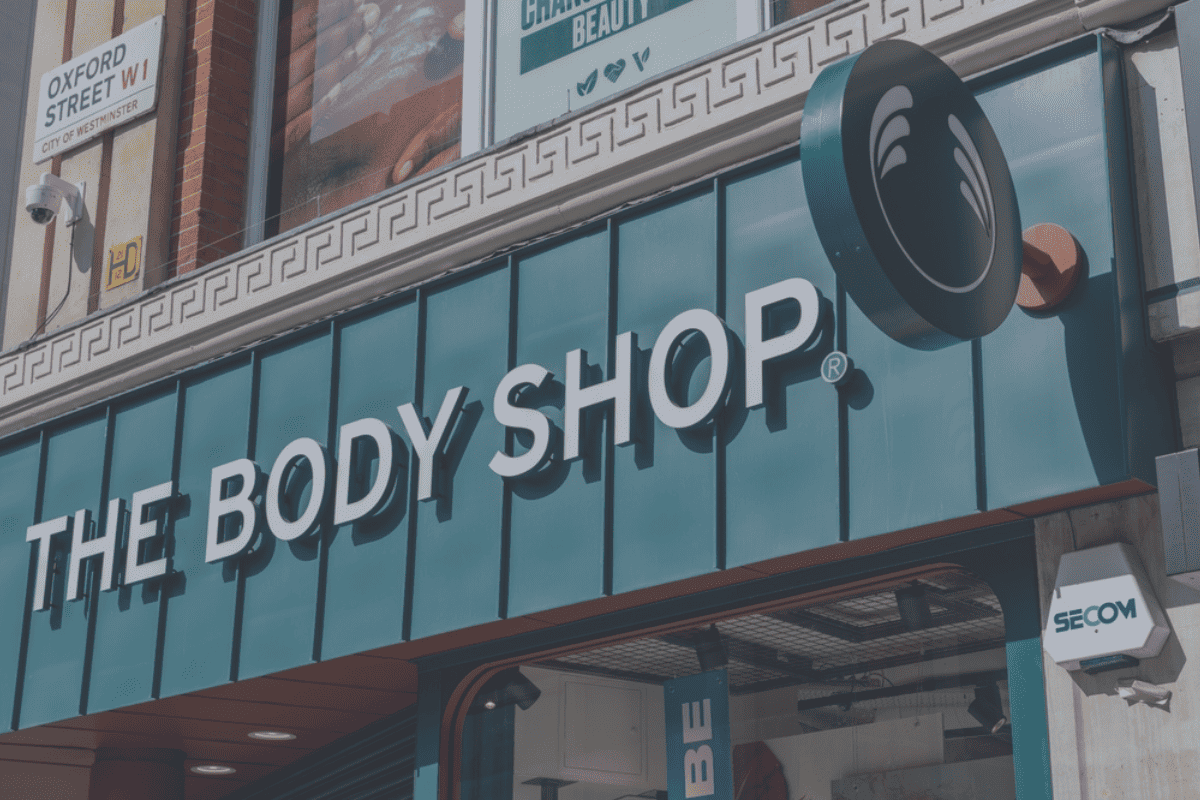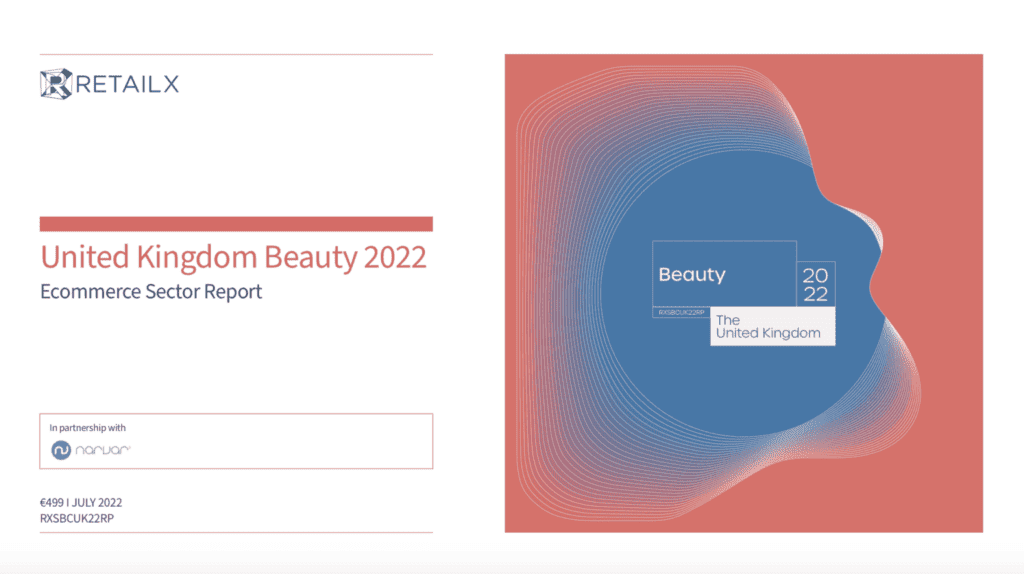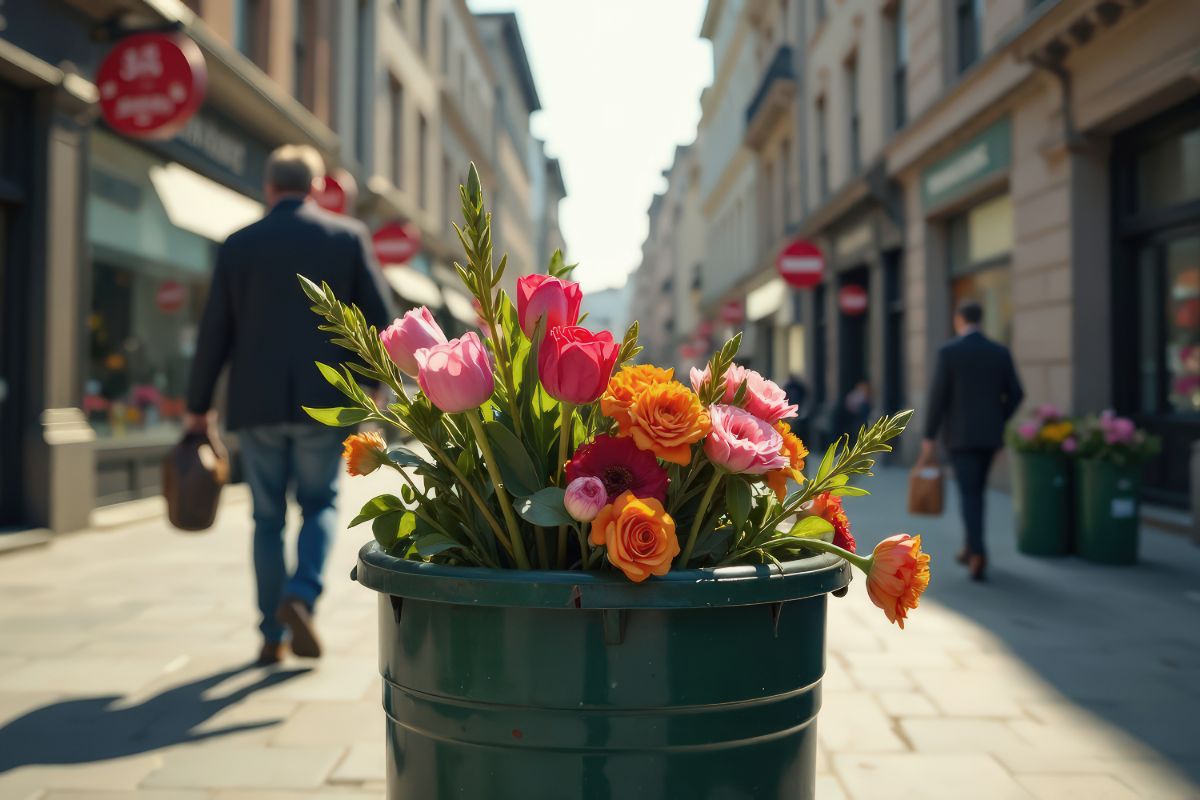The Body Shop is returning to its roots by actively promoting social and environmental issues and highlighting them to customers. Founded in 1976 by Anita Roddick, the body care and beauty brand is part of Brazilian Natura.
This is the holding company for fellow natural beauty companies Aesop and Natura & Co. and one of the key players highlighted in the RetailX Global Beauty & Cosmetics report.
The Body Shop itself is a B Corp, so recognised for putting people and the planet on an equal footing in financial performance. Its sustainability report, modern slavery statement, tax strategy and corporate governance statements are all accessible easily on its customer-facing ecommerce site.
Stay informed:
Our editor carefully curates a daily newsletter filled with up-to-date news, analysis and research, click here to subscribe to the FREE newsletter sent straight to your inbox and why not follow us on LinkedIn to receive the latest updates on our research and analysis?
This highlights the company’s desire to be transparent and share its messaging with customers. The company sells its own-brand of hair and body care products, including shampoos, gels and body butter, as well as other skincare items, colour cosmetics and fragrances. Ingredients are ethically sourced, and many are labelled vegan and/or Community Fair Trade – The Body Shop’s own fair trade programme.
While sustainability features prominently on its site, its products, trending items and advice also feature.
Along with its high street stores and website, The Body Shop also sells in the UK via a direct-to-consumer channel, The Body Shop at Home. Globally, it is in 2,600 locations in more than 80 countries.
In the UK, its stores are designed with shop fittings made from sustainable materials such as recycled plastic and reclaimed wood. Refill stations, which enable customers to reuse aluminium containers by getting them refilled with shampoo, conditioner, shower gel or hand wash, are being rolled out across stores.
The company plans to have refill stations in 159 UK stores and 500 globally by the end of 2022. It also encourages customers to return other containers for recycling.
Click to download:
This case study originally features in the 2022 United Kingdom Beauty ecommerce sector report, which delves into the vibrant UK Beauty market, offering a strategic and commercial overview of the UK customer, the growing impact of digital and retailers at the forefront of innovation.











